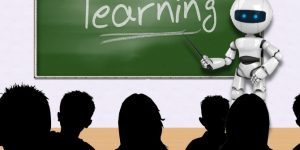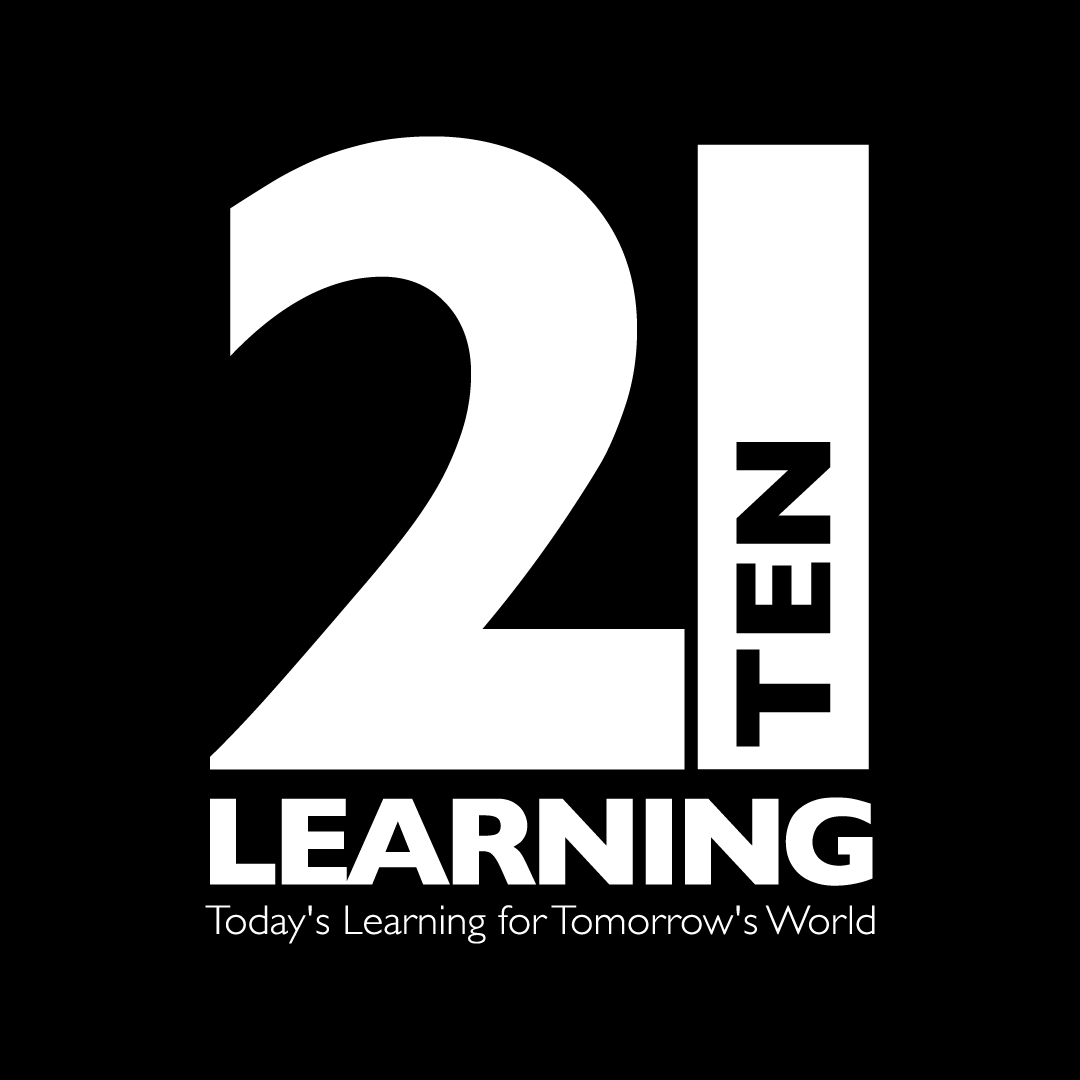
I am looking forward to attending the Global Education Skills Forum this weekend in Dubai to hear latest thinking on learning. I have recently presented at a several conferences and exhibitions in the Middle East on the future of learning and its implications for leaders, as we look to the role of future technologies, including Artificial Intelligence (AI). Below is a summary of the focus of my discussion.
Some considerations
It seems that our current education system is out of date and we are now at a crossroads between improving our current system we have or innovating a new system which we need. EdTech companies are now pouring large amounts of investment into new technology, AI, VR and augmented reality in the hope for rich returns. There seems to be a race to get there first. My concern is that the focus and investment seems to be more on the technology than the learning journey and more importantly the future skills our learners will need.
We are also facing a challenge in that the education environment we have is like an old-fashioned stage coach and we are trying to pull it with new technologies which have the power of jet engines. We all know what will happen if we try to pull the stage coach with a full throttled jet engine. So instead we are currently dumbing down the technology. How will we bridge that divide? Designing solutions and an environment that supports future learning will be key.
We also need to consider the future generation learners who live ‘on-line’ rather than ‘on the line’ and digitally integrate everything into their lives. The environment in Dubai where I live is amazing with new innovative buildings and experiences being launched every month. We need to rethink our education environments and ensure that we are future proofing our establishments moving forwards.
As we know technology has been evolving. However, you may be surprised to learn that the first e-learning course was launched in 2000. I also remember setting up a blended learning pilot in the UK with the government way back in 2005 and yet we are still discussing blended learning as a new phenomenon and an innovative solution for learning. In 2018, technology has moved on and we now have the capabilities to learn through digital tools such as micro learning, real time video collaboration and intelligent personalized machine driven LMS. It is more important than ever to consider the question, what will the future of learning look like?
Future of Learning
In order to ‘connect learners to the real world’ and design future of learning pathways we need to consider what those skills leaners will need to master for an uncertain future. The need for 21st century and non-cognitive skills such as grit, perseverance, leadership and learning through failure will become ever important and so the learner journey, content and delivery model needs to be designed with this in mind. A key question to consider will be what kind of personalised learning platforms will support future of learning?
When designing a new personalized learning environment for future of learning, a paradigm shift is required by many. We need to rethink the current role of EdTech that moves from a technology to user centric environment. Technology will need to move from instructional design to a much more experiential and design thinking approach. Traditional LMS as we know them will be replaced by Invisible LMS with AI, tracking all activities. Activities will be blended, augmented, personalized, cognitive, collaborative and immersive.
When designing future of learning we also need to consider the new pedagogies that will support learning. I recently wrote a new pedagogical framework for a personlised learning environment which took into account long term deep learning tasks and digital tools. These tools were to be used not only in the delivery of content and tracking but also inform changes in teaching and learning strategy. This move from outcome to process driven will be key in future of learning.
Future Role of Teachers and Leaders
So as education institutions evolve into hybrid environments for learning with new technologies and personalized platforms, what will be the future role of teachers and leaders need to be to support learning? I believe that a new partnership will need to be developed between student, teacher and technology (platform). One that allows deep learning tasks rather than content mastery, and where new digital tools and resources will enable and accelerate this process.
New pedagogical delivery of learning will need to be developed through intelligent platforms. Some of these new pedagogies include productive failure, learning from the crowd, block chain for learning and learning for the future, which will support skill development in a new ways we haven’t seen before.
We always hear at conferences about the teacher’s role moving to more of a ‘facilitator’ of learning. I agree with latest research from Fullan, and believe that the teacher’s role will move much more to an ‘activator of learning’, using an AI platform as these partnerships develop between teacher, student and technology. Teachers through the platform will play a dynamic interactive role with students and help them master the process of learning rather than ‘facilitate’ it.
So, what can we do now to prepare for this future?
For leaders, planning for innovation will be key, ensuring the right people are on board and ready for the change and challenge coming their way. I use a 5 steps to excellence model approach for integration of digital strategy for corporate and education sector that places an emphasis and priority on developing people as well as focusing on the environment. Developing people and learning focused structure and systems that build capacity, reward excellence and sustain improvements for the future will enable education institutions to thrive and not get left behind.
Current and future Leaders will also need to take into account new change leadership that will require them to be more flexible, adaptable and build safety nets to allow for risk taking and innovation. I have been working on developing such programmes and new schools to support this new bold and exciting time. Programmes and support that creates a change of mindset for leaders and addresses some of the challenges of the modern leader. Consider the following, when was the last time you did something for the first time? Or are you learning as fast as the world is changing? These new skills of leadership will need to be prioritized and developed in people just as we are developing future skills in students. Leadership is about developing the future and the future is not really shaped by people who are pessimistic and don’t believe in it. Having the right mind set will be key. There’s no reason to be afraid. Technology will not get rid of bad teaching however it will also not be able to amplify good or outstanding teaching. AI cannot replace certain characteristics and behaviours of outstanding teaching such as empathy, happiness, listening and trust, or that feeling of ‘awe and wonder’ of an outstanding teacher.
In summary, the future will value people with what they do with what they know, not just what they know. Innovation will be about connecting the dots as the future will be integrated, co-created and collaborative which is personlised and adapts to who you are.
The future is shaped with enthusiasm and with tough minded optimism. Let us embrace it!






Leave a Comment
You must be logged in to post a comment.